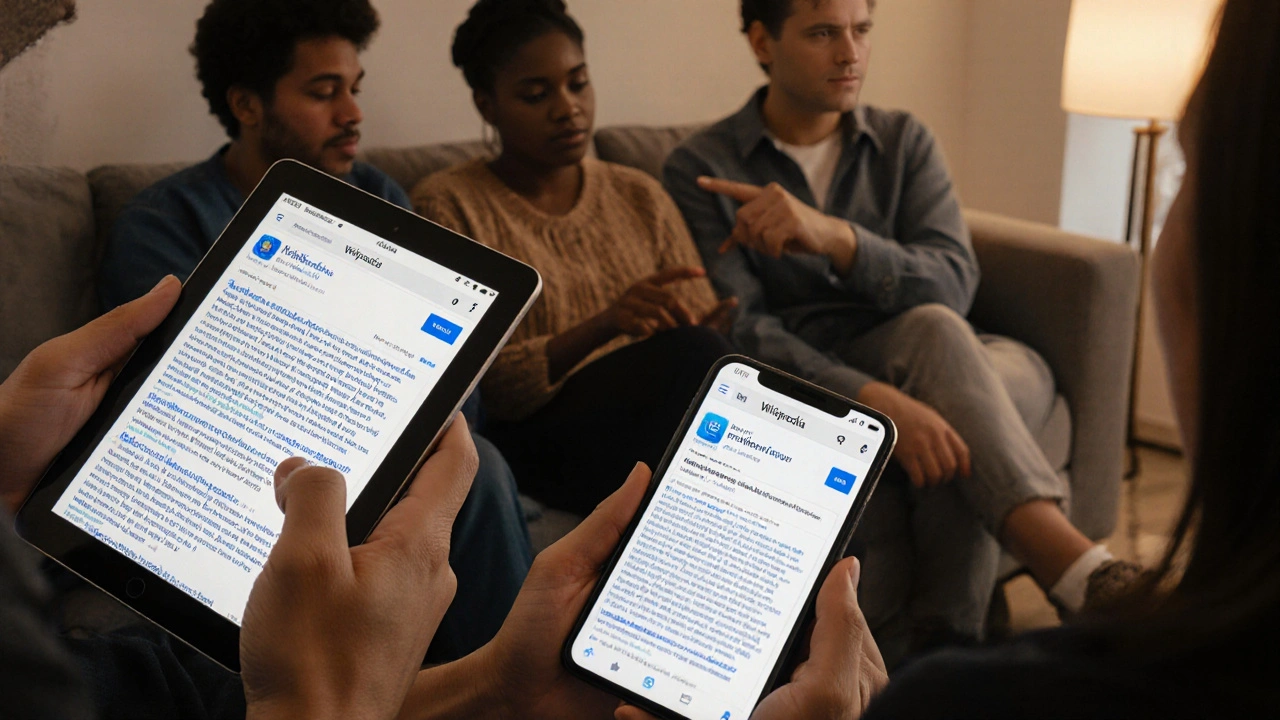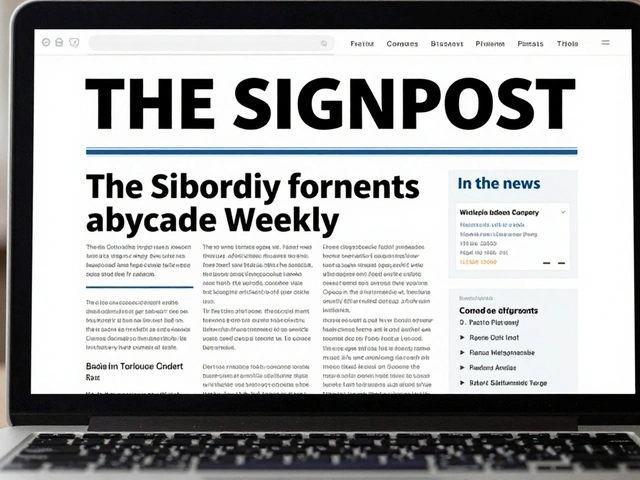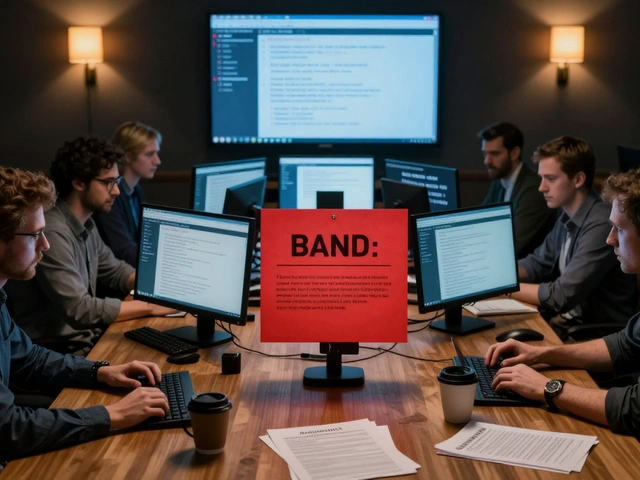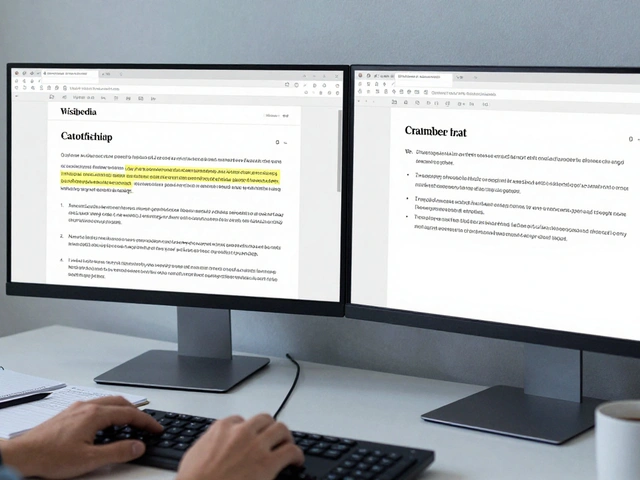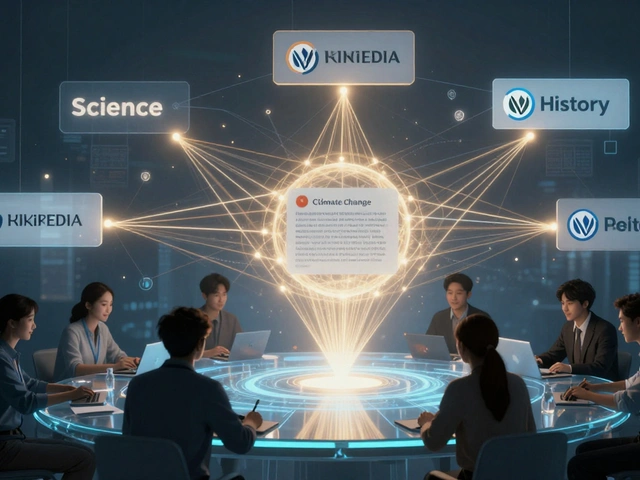AI Accuracy on Wikipedia: How AI Handles Facts, Citations, and Bias
When you see a fact on Wikipedia that was added by an AI, how do you know it’s true? AI accuracy, the ability of artificial intelligence to generate or edit information without introducing errors or bias. It’s not just about getting dates or names right — it’s about whether the AI understands context, trusts the right sources, or accidentally erases marginalized voices. Also known as algorithmic truthfulness, AI accuracy on Wikipedia is under intense scrutiny as more edits come from bots and large language models trained on public data — including Wikipedia itself. The problem isn’t that AI is wrong all the time. It’s that it’s wrong in quiet, consistent ways — like citing a blog post as if it’s a peer-reviewed study, or giving equal weight to fringe theories because they appear in a lot of forum threads. This isn’t science fiction. It’s happening right now in thousands of edits every day.
Related to this is AI bias in knowledge, the tendency of AI systems to reproduce and amplify existing inequalities in the data they’re trained on. For example, if most of the English-language sources about Indigenous history were written by colonial authors, an AI will keep repeating those perspectives — even if they’re outdated or harmful. Then there’s source verification, the process of checking whether a cited source actually supports the claim it’s attached to. AI tools often pull citations from anywhere, even if the text doesn’t mention the fact at all. A 2023 study by researchers at Stanford found that nearly 40% of AI-generated citations on encyclopedia-style platforms either didn’t exist or didn’t support the claim. That’s not a glitch. It’s a design flaw. And Wikipedia AI, the growing use of automated systems to edit, fact-check, and summarize content on Wikipedia, is caught in the middle. Volunteers are trying to fix these errors manually, but the volume is overwhelming. Meanwhile, AI encyclopedia platforms like those from big tech companies are copying Wikipedia’s content without giving credit or fixing its flaws — making the whole system more fragile.
What you’ll find in these articles isn’t just theory. It’s real cases: how AI erased a community’s history because it didn’t match the dominant narrative, how a bot added false citations to a medical article that later got picked up by news sites, and how volunteers are building tools to catch these mistakes before they go live. You’ll see how the Wikimedia Foundation is pushing for AI companies to be transparent about how they use Wikipedia data — and why that matters for everyone who uses the internet to learn. This isn’t about stopping AI. It’s about making sure it doesn’t rewrite history without us noticing.
Public Perception of Wikipedia vs Emerging AI Encyclopedias in Surveys
Surveys show people still trust Wikipedia more than AI encyclopedias for accurate information, despite faster AI answers. Transparency, source verification, and human editing keep Wikipedia ahead.
